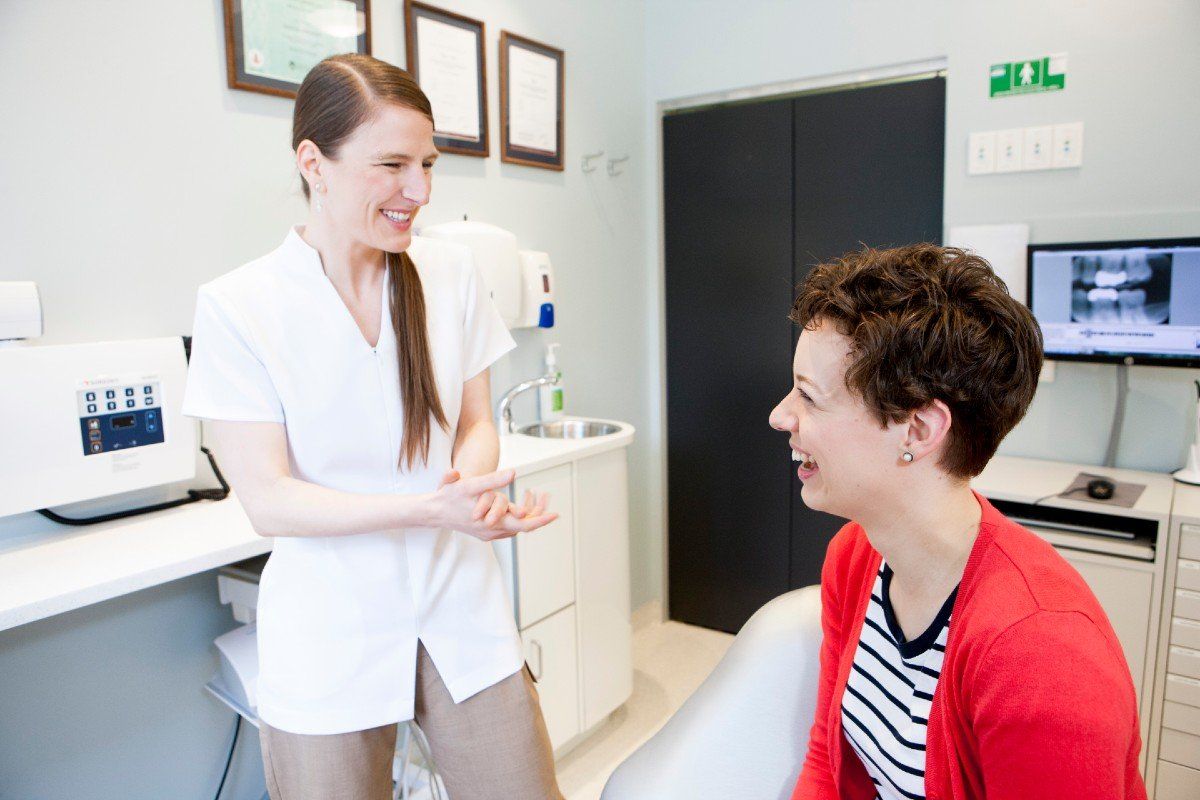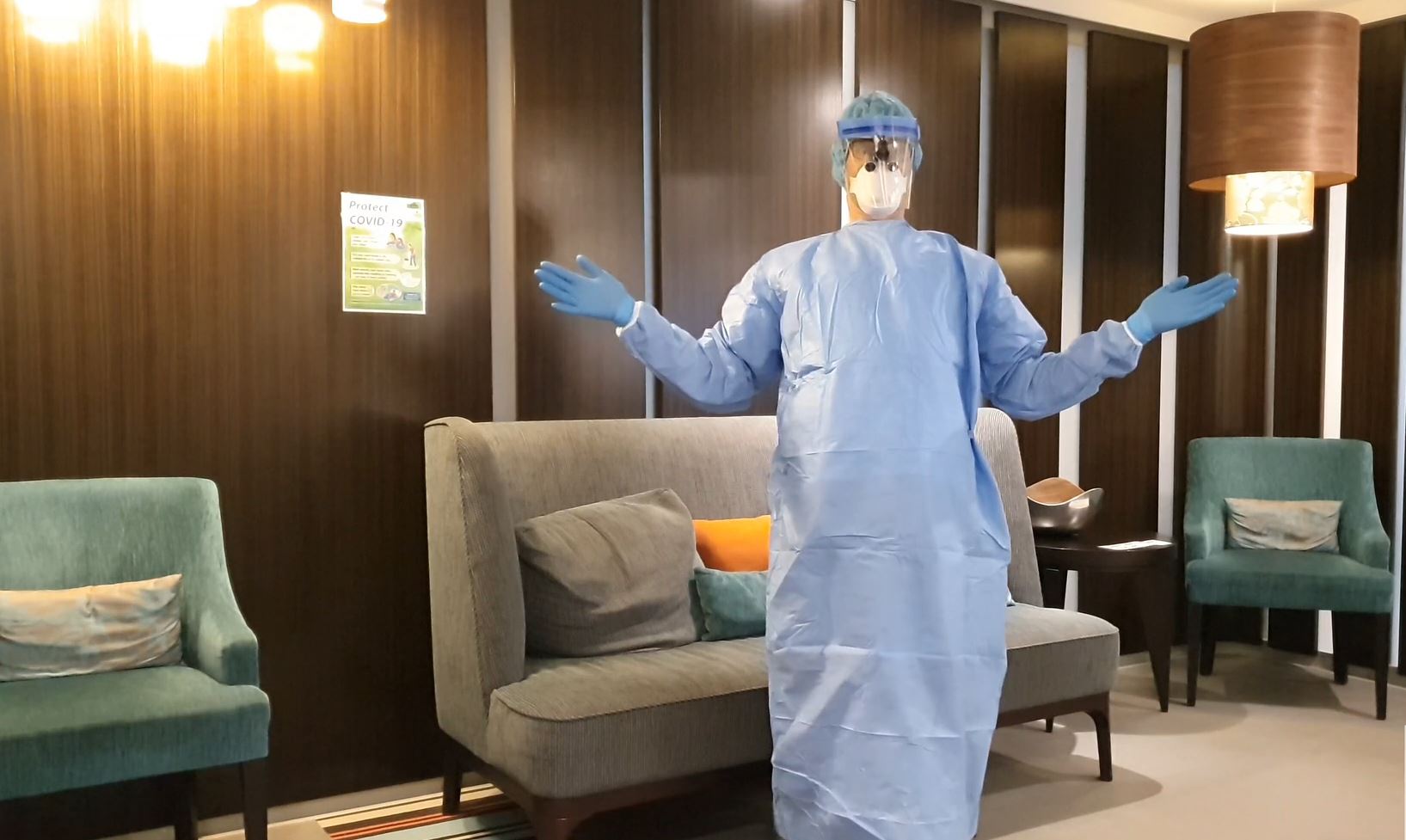What to Expect After Dental Hygienist Treatment
Dec 29, 2019
A typical hygienist appointment will involve ‘debridement and prophylaxis’, the removal of a plaque and calculus from the surfaces of your teeth. If you are suffering from periodontal disease then this may include tooth surfaces both above and below the gum.
Possible problems and what to do
Sensitivity to hot and cold
– As damaging as tartar can be to the gums, it does have an insulating effect on the tooth underneath. Removal may expose the root surface, opening the ‘tubules’ or pores in the teeth that transmit temperature through to the nerve. Usually this will settle down within 3-4 days as the teeth remineralise and the healing gum tightens up. If sensitivity persists, treatment is the same as for sensitive teeth, with daily use of Tooth Mousse and/or’ ‘Sensodyne’/’Colgate Rapid’ toothpastes.
Sore gums
– After all the irritants have been removed (plaque, tartar and food remnants), gums may have a raw sensation. Placing a teaspoon of salt in a cup of warm water makes a very effective salt water mouthwash. Rinsing several times a day as needed will help sooth the gums, reduce inflammation and speed up healing. Over the counter mouthwashes can be used, following the advice of your dentist or hygienist. You can also take normal painkillers as required, according to the directions on the packet.
Bleeding
– Healthy gums don’t bleed. Inflamed gums bleed very easily, often just with the touch of a tooth brush or floss. You will sometimes get a small amount of gum bleeding during and after hygienist treatment. This will usually stop within a few minutes. Prolonged bleeding is very rare. If you do get lots of blood in your mouth after treatment, follow the instructions as for an extracted tooth and contact us for further advice.
Gum recession
– Tartar and plaque may cause gums to become very swollen and inflamed. As the gums recover from this damage, they tighten up against the teeth and may shrink back. Once your gums are at their correct and healthy height, your teeth will be much easier to keep clean. Unfortunately, once recession has occurred, the gum at the necks of the teeth will rarely grow back. The only solution is gum surgery with a periodontist (gum specialist). This is why preventing and maintaining gum disease is so important.
Enlarged gaps between teeth
– Removal of large amounts of tartar and the healing of inflamed gums may also leave gaps between your teeth. Again, these areas will be much easier to keep clean and maintain. Sometimes as the gums continue to recover, they will slowly grow back to fill in the spaces between teeth, but this is unpredictable.
Mobile or loose teeth
– Gum disease causes the destruction of the tissues that hold your teeth firm in your jaw bone. As the tartar grows and the gums become inflamed, everything becomes very tight, and teeth can appear more stable than they really are. Sometimes we even see teeth stuck together with tartar. Once the tartar is removed and the swelling resolves, there may be more movement in the teeth. This usually improves as the healing gums tighten up against the teeth again.
Keep up the good work!
It is important to continue diligent homecare, brushing twice for 2 minutes and flossing daily. Your mouth will often be a bit tender, so initially brush and floss gently. Remember that perseverance with home care is essential to stop the bacteria growing back and gum problems getting re-established.
If you have any questions or persistent symptoms which fail to improve or get worse, please don’t hesitate to contact us.
Wellington CBD Location
© 2024
Discover Dental
Contact
04 472 3510




